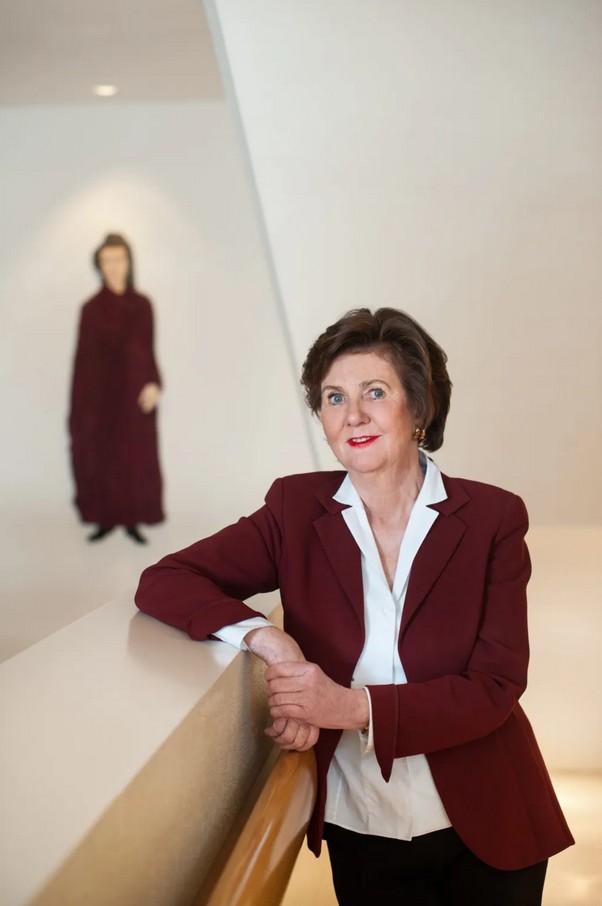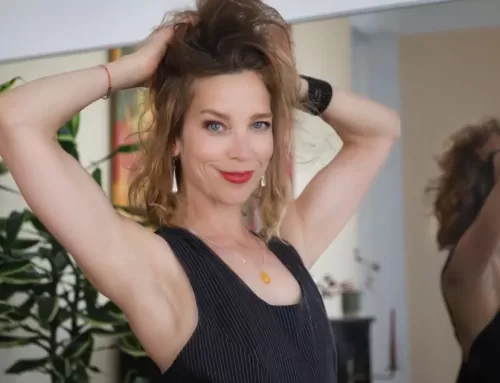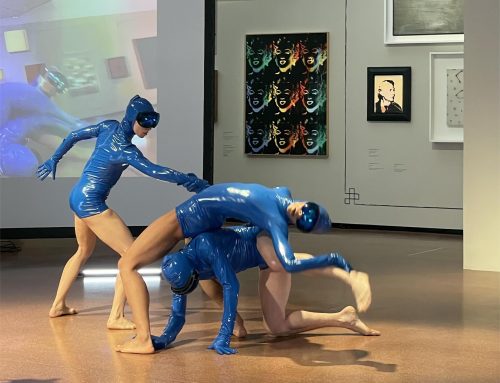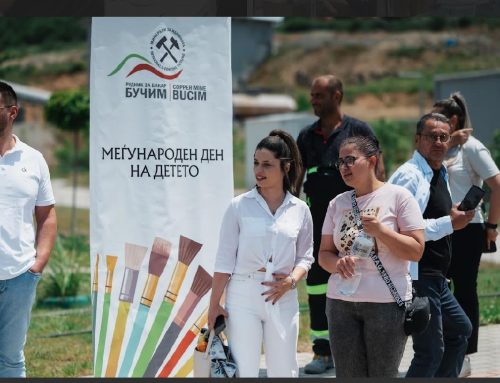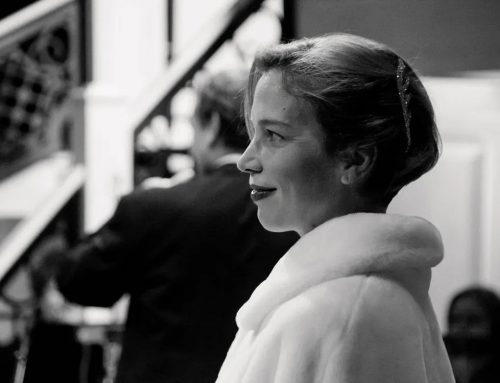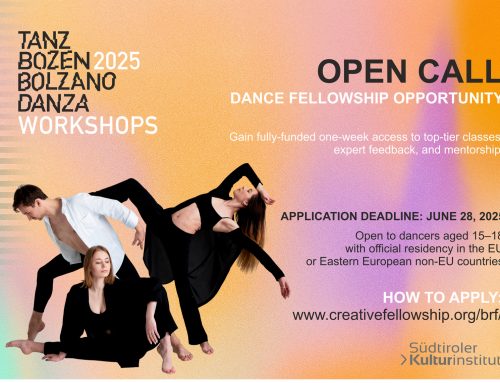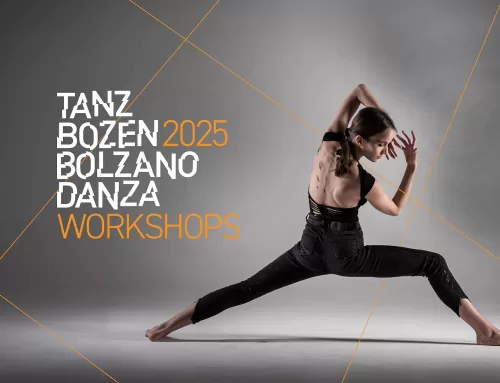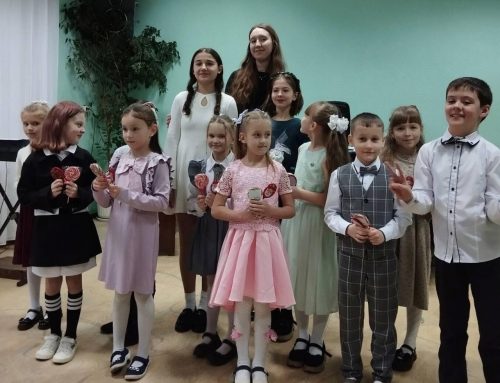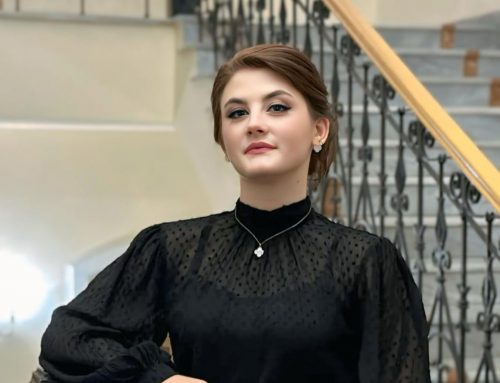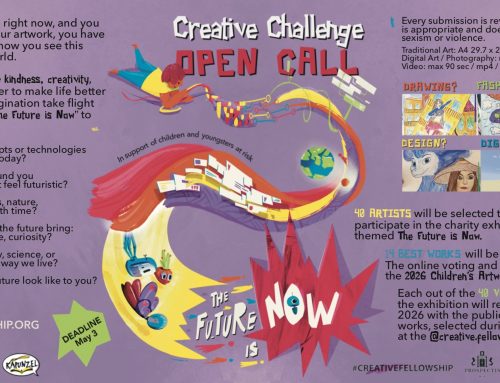Dr. Helga Rabl-Stadler is an incredible woman. A former journalist, politician, and entrepreneur, she has been President of the Salzburg Festival, the most successful annual event in the world of classical music, for almost 26 years. Over its 100 years of existence, the music festival currently headed by Ms. Rabl-Stadler has launched the careers of many international operatic stars. In recent years, under her direction, the event has increasingly focused on developing young talents and nurturing the next generation of opera lovers.
The summer program in Salzburg with almost 200 performances, also includes more than 60 musical performances for children and young people, summer opera camps, a competition for young conductors, an intensive program for aspiring opera performers, a mobile theater for schoolchildren in the Salzburg region and a development program for young people from countries with developing economies. For five years running, this program has been successfully offered in Ukraine, Guatemala and North Macedonia. @creative.fellowship spoke with Ms. Rabl-Stadler immediately after her virtual meeting with young participants of the 2021 program.
What advice did you share with the young talents?
Be very open minded, read books and learn languages. Books and languages allow us toopen our hearts, broaden our horizons, and learn more about the world. I speak English, French, and Italian. Now, I don’t know how it is in your country, I imagine, it is very similar, everybody only learns English, because with English you can talk with nearly everyone. But it is wrong to learn English only. If you are in a Slavic country, it’s important that you learn another Slavic language. Italian and French are so beautiful. Back in the days of my entrepreneurship, I often travelled to Paris, to Milan. I went to the fashion shows of Giorgio Armani, Yves Saint Laurent, and Chanel. That’s where I learned Italian and French. You see, my English is not perfect, but you understand what I say. I would love to speak Russian. The only thing I can say is: я говорю немного по-русски. And then everyone starts talking to me and I have no idea what they are saying! I love languages. I would really like to encourage you all to learn languages.
Do you come from Austria?
I was born in Salzburg in 1948. Some of you may ask, why? 73 years old and she is still going! Why is she not enjoying her retirement at home like other women her age? No! You are only as old as you think you are. For me the key to staying young is always keep learning. We should never stop learning. My job as festival president is ideal for this because the festival reinvents itself every year. Every year it is born anew. You face new challenges, work with new artists, and you always have to think how you could approach this challenge, what you could do to help the artists shine even brighter? What can you do to increase the acceptance in the audience even of rather difficult contents.
Where can one study to become a President of a music festival?
First, the Salzburg Festival brings together theater, opera, and concerts. Most other festivals focus on only one genre. This is what makes the Salzburg Festival unique. Before I was appointed president of the festival, I had a long and successful career. I studied law, but I never became a lawyer. Instead, I worked as a journalist, entrepreneur, and politician. I was a member of Austria’s Parliament. And that was one of the most beautiful, but also one of the most difficult periods of my life. I had rather young children, aged six and seven years old, I had a business in Salzburg, and Vienna is about 360km away from Salzburg. So after finishing my work in Parliament, I took the last train arriving in Salzburg at 1am, I got up at 6.30 am to see my boys and go back to Vienna. I don’t know how, but I survived. I had a wonderful woman who helped me at home and took care of my business. And above all my own mother.
How did you make the transition from politics to arts?
In 1994, the Salzburg Festival was looking for a new president, and they asked me if I would consider taking the job. After thinking it over a bit, I said YES. This was the right decision for I didn’t really want to be in politics anymore. In politics, I always hated that you had to be against something. You are always in opposition and ideas are only accepted if they come from your own party.
What I really wanted is to bring people together. Fortunately, that helped me a lot in my new role. I never offended politicians from the opposite party. In 1995, I became the president of the world’s largest opera festival. When I started as the festival’s president, people were very jealous. Back then, I was not as accepted as I am now. Three-quarters of men asked why a woman was chosen over so many male candidates. Others questioned why a young woman was chosen over experienced men.
And the rest were curious why me, when I didn’t even play the piano. I answered: but I don’t want to replace a pianist, I want to be the manager and bring customers and money to the festival. I want to help the artistic director to realize his programmatic ideas.
So, your opponents were mostly annoyed by the fact that you were a woman?
Austria is a rather conservative state, and a Catholic one. Although this has changed a bit over the years, Austria is still a country, where some expect a woman to stay home with her children once she is married. My own mother was not a housewife. I grew up with a female role model who gave me the self-confidence through her own life that a woman can be a both a good mother and work outside the home. In the late 1970s, I always say, it became fashionable to have one woman on every board of directors. To have one woman was not seen dangerous anymore. No one could say that they were not avant-garde, if they were courageous enough to select a female vice-president! This helped me to become the first female President of the Federal Economic Chamber in Austria in 1988. All the men who wanted to take this post, they fought with each other. They didn’t pay attention, and all of a sudden it was me there. It was too late for them to claim a woman couldn’t serve as president. I was already there.
Do you think anything like that could happen nowadays?
The older I become, the more important it is for me to encourage other women to pursue careers, particularly in roles not traditionally pursued by women. However, I always say, I don’t want to be a role model. This may sound a little bit snobby. I want to be someone who shows that an ordinary young woman, with some intelligence and hard work, can change the world for the better. I want to encourage other women to trust in themselves.
And how does the President of a music festival change the world for the better?
Together with our Artistic Director, Markus Hinterhäuser, we tell important stories through opera and theater. We don’t want to treat opera as a museum. It is a modern and dynamic form of art that raises important questions. Opera is about war and peace, hatred and love, jealousy, forgiving and revenge. It teaches you how to see a story through the eyes of your opponents to come to a compromise. Opera is a tool for thinking. We live in a time when people want to have quick answers. And quick answers are not always the best. I love operas that are very dramatic and where the problems can be discussed afterwards. Like Lady Macbeth of Mzensk. Is she a monster or the victim of the male power plays? As President of the Festival, I am a sort of a foreign affairs minister. I represent the festival. I normally present the festival program on five continents when there is no pandemic. I have travelled to Shanghai, Beijing, Tokyo, Moscow, Saint Petersburg and other many cities. It’s quite a difficult task to present the festival, but I love talking to people, motivating them. For me it is wonderful to work with sponsors, to encourage them to invest in the festival program.
For example, we can only bring to life wonderful traditions like the opera camps for children, young conductors award, young singers intensive because we have our partners’ financial support Our founders, who created the festival in the middle of the First World War, in 1917, and organized the first event in 1920, started it as the first peace project. They believed that arts can build bridges. Within the current political circumstances, art is in a very difficult position due to very different perceptions of the world in different countries. We need to learn to understand each other. And I still believe that culture can build bridges.
Three words that could describe you?
Courageous, straight forward and optimistic.

